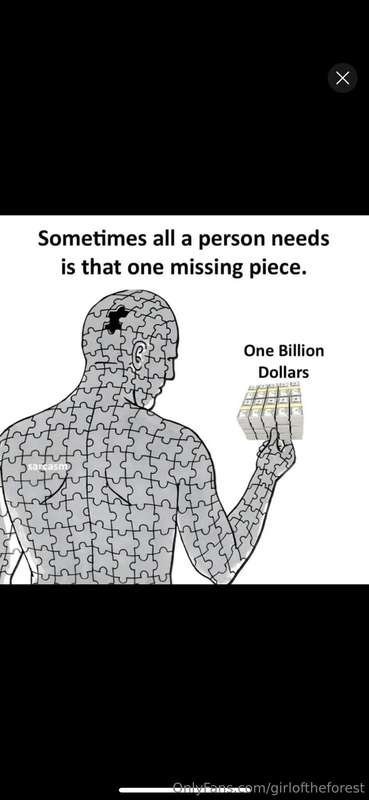Guys, damn, you know that when I’m getting ready for work in..
Guys, damn, you know that when I’m getting ready for work in the morning I play music on YouTube in the background? I love melodic, profound songs—the ones that rip at your soul, or sing of lofty romantic or friendly feelings. And every single time I start a new track, my eyes land on the top comment beneath it. More often than not it’s crap like “My girl sent me this, I’m listening and crying, what a joy it is to get this from her…” or “I lost my beautiful boyfriend to suicide, and this always reminds me of him…” or “This song describes my relationship with my girlfriend perfectly,” and so on.
Just so you know, the songs I listen to wrestle with classical archetypes that have haunted philosophers and artists for centuries, carefully shaped by their creators, ground through the meat grinder of the soul until they become a pure diamond—distilled emotion in a rational structure. And holy shit, when I see these idiots living in rat-infested apartments, fighting over four-dollar pants, dyeing their armpits blue between bingeing on fast food and unprotected sex, and then crapping their comments under these songs, I’m filled with furious outrage. And, of course, comments like these get liked, everyone finds it incredibly cute and touching, and they share their ‘very emotional’ stories that are absolutely perfectly described by this song.
What’s funny is that when people apply these tracks to fictional characters’ stories, I feel perfectly fine. This morning I mentioned it to my mom on the drive—these intense negative emotions have always overwhelmed me, but I couldn’t pinpoint why. My mom said something interesting: the mundane makes things vulgar. And you know what? For me, that makes sense.
I’ve always felt deep disgust and bewilderment at how thin-minded, unattractive and ordinary people drag art down to the level of their own filth. In my abstract world only some ideal person—perfectly fit, beautiful, wealthy, etc. (basically a fictional character, a concept)—has the right to engage with art, because concept goes with concept. Or, alternatively, you can run art through the mill of analysis based on your own experience and produce something new—voilà, fresh art in the form of critique. But to slather someone’s mind-and-soul work with a greasy layer of your dirty, stinking daily life, without irony or humor (which is itself an art form)—to me that requires an exceptionally barren mind and a screaming sense of self-importance.
I’m afraid it’s my own low self-esteem talking, along with a nasty knack for doubting every fact, hunting for hidden pitfalls, and asking too many questions. And from that springs my low self-worth—because no thought of mine can ever wear the halo of absolute truth, I immediately spot a million alternatives. No emotion of mine survives in a sacred vacuum (at least not in public) because every feeling is dissected and rationalized in an instant.
I’d like to call it envy, but I’m not sure I feel that. It’s more likely sheer exhaustion and burnout. When I look at The Last Day of Pompeii, I plunge into an explosion of sensation—the trembling, reverent despair of the fleeing people, the crimson fury of the volcano. And then someone blurts out, “Oh, once my sweetheart and I were running from her parents’ wrath—they were against our marriage—and we were literally like those people in the painting!” And you know what? That person wins. They live in scented, chocolate-coated art and feast on it with both cheeks. And me? Forgetting the painting, I’m just floating in brown shit.























